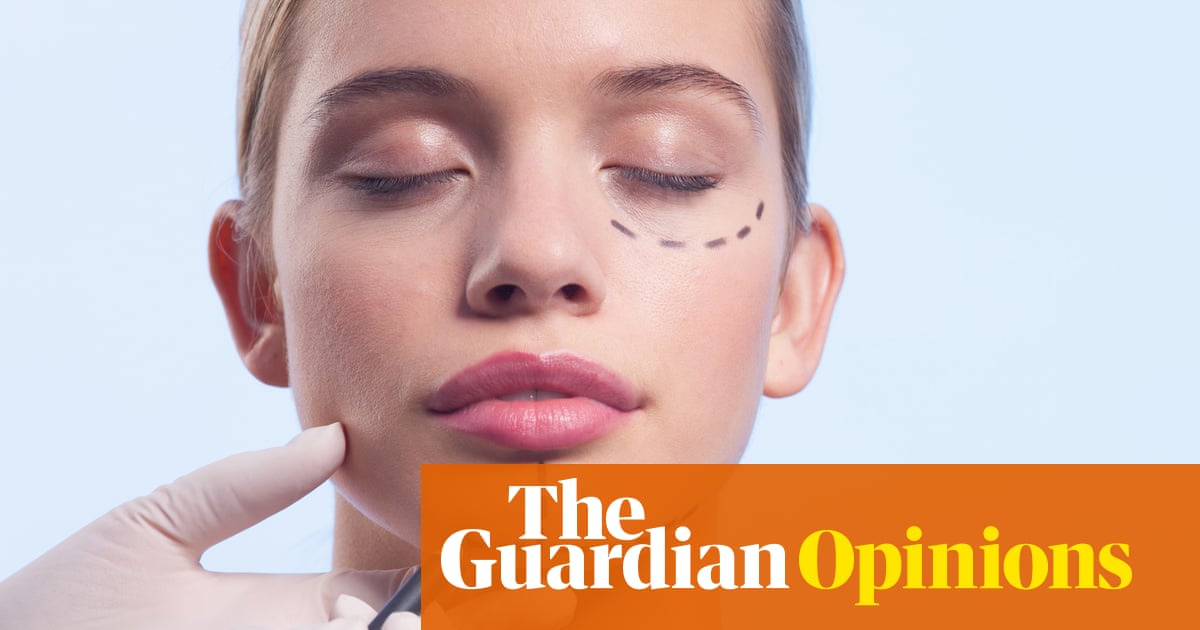
The growing demand for cosmetic procedures like Botox and dermal fillers highlights significant health, cultural, and economic concerns. While beauty treatments have become mainstream, unsafe practices by untrained individuals and under-regulated providers pose serious risks. Tackling these issues requires stricter rules and more robust enforcement mechanisms.
The Push for Regulation
Recently, UK Health Secretary Wes Streeting announced plans for new licensing requirements and tighter regulations targeting high-risk cosmetic treatments. These changes aim to address unsafe practices, including reports of untrained individuals administering injections in inappropriate settings like public toilets and hotels. Stricter laws are overdue and seek to eliminate rogue operators, ensuring safer environments for consumers both in high street clinics and online platforms.
Increased awareness of the dangers of unregulated procedures is already influencing consumer behavior. Recent tragedies, including the death of 33-year-old Alice Webb from a non-surgical Brazilian butt lift, and other cases of fatalities and injuries tied to surgical tourism in countries like Turkey, underscore the need for intervention. However, enforcement remains a hurdle; local councils will require adequate funding and resources to monitor clinics, issue licenses, and ensure compliance.
Protecting Children and Addressing Industry Issues
One notable change includes banning Botox and fillers for children under 18 across the UK, aligning Scotland and Wales with England’s current rules. Protecting children from exposure to such invasive treatments is critical, as concerns grow over the unhealthy obsession of some teenagers with anti-aging products.
Additionally, the financial burden on the NHS stemming from botched cosmetic procedures adds urgency to the call for regulation. High-risk treatments, such as Brazilian butt lifts, result in significant costs for corrective care and place strain on public health services. Industry stakeholders, including plastic surgeons, largely support stricter rules; however, pushback from some sectors is expected due to the economic implications of increased regulation.
Combating Surgical Tourism
Stronger domestic laws may inadvertently drive more individuals toward surgical tourism, where cost often outweighs safety considerations. Recent steps to address foreign providers marketing directly to UK consumers are critical, but further action is required to close this loophole and improve international safeguards.
The Path Forward
The popularity of appearance-altering procedures calls for their serious treatment as medical interventions, not casual beauty services. By targeting rogue operators and tightening regulations, policymakers can create safer conditions for consumers while discouraging unsafe and unethical practices. While enforcement and compliance mechanisms will take time to develop, cracking down on unsafe operators sets a responsible precedent for public health and safety.



